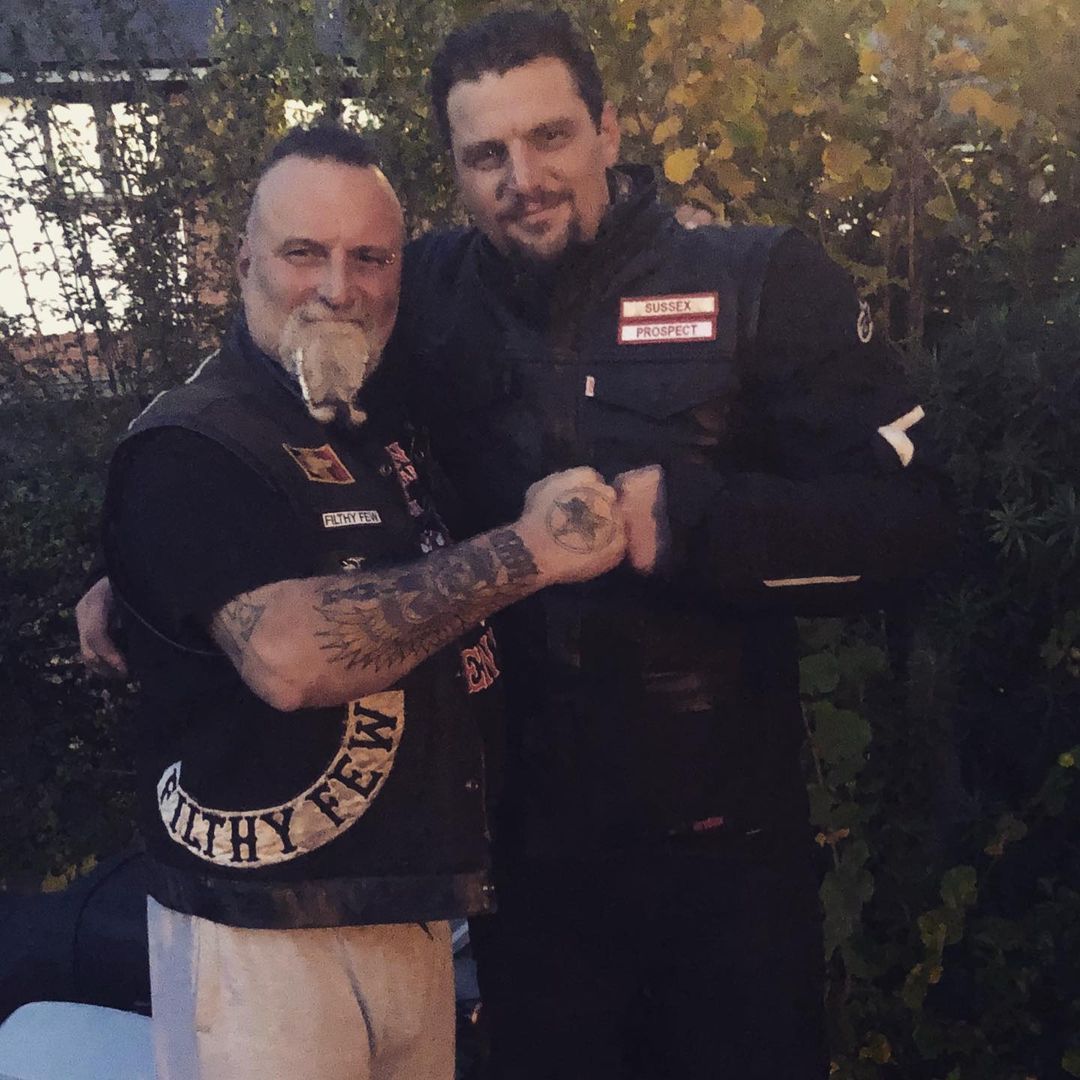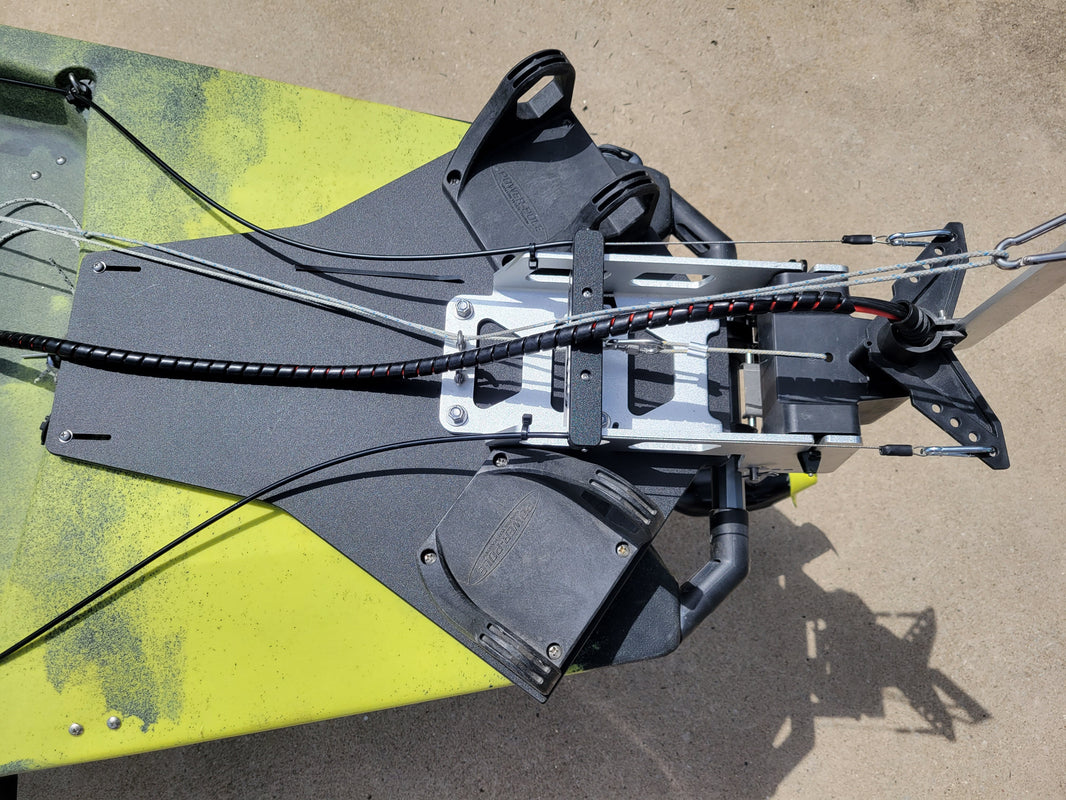Hells Angels Motorcycle Club: Fact Vs. Fiction

Table of Contents
The History of the Hells Angels: From Post-War Origins to Global Presence
The Hells Angels Motorcycle Club's origins trace back to the post-World War II era in California. Founded in 1948, the club initially comprised a group of ex-servicemen seeking camaraderie and a sense of belonging. Their early activities centered around motorcycle riding, but their notoriety quickly grew. The evolution of the Hells Angels from a local motorcycle club to a global organization is a complex story marked by expansion, internal conflicts, and a continuously evolving relationship with law enforcement.
- Founding in 1948 in Fontana, California: The club's early years were marked by a rebellious spirit and a distinct counter-cultural identity.
- Early membership and activities: The initial members were largely veterans who bonded over their shared experiences and their love of motorcycles. Activities involved motorcycle rallies, bar fights, and an emerging defiance of authority.
- Key events in their territorial expansion: The club expanded rapidly, establishing chapters across the United States and eventually internationally, leading to increased clashes with rival motorcycle gangs and law enforcement.
- The development of their iconic imagery and symbolism: The iconic "Death Head" logo and other symbols became powerful identifiers of the club and helped solidify their image.
- Growth into a global organization: Today, the Hells Angels maintain a presence in numerous countries, although the level of organization and activity varies significantly between chapters.
The Hells Angels' Structure and Organization: A Hierarchical System
The HAMC operates under a hierarchical structure, with individual chapters forming the foundation. Each chapter functions relatively independently, yet they are ultimately connected through a complex network of national and sometimes international leadership. Understanding this organizational structure is crucial to comprehending the club's dynamics and operations.
- The chapter system and its importance: Chapters are the building blocks of the organization, with varying degrees of autonomy depending on their location and size.
- The roles of different club members (e.g., President, Vice President, Sergeant-at-Arms): A strict hierarchy governs the roles and responsibilities within each chapter and the overall organization.
- The initiation process and membership requirements: Becoming a member of the Hells Angels is a rigorous process, often involving a lengthy probationary period and a demonstration of loyalty and commitment.
- The rules and regulations within the club: The internal rules and regulations of the HAMC are largely unknown to the public but are believed to be strictly enforced.
Debunking Common Myths: Separating Fact from Fiction about the Hells Angels
The media portrayal of the Hells Angels often fuels misconceptions and stereotypes. Separating fact from fiction requires a critical examination of the available information. Let's address some common myths:
- Myth 1: All members are violent criminals. Reality: While a significant number of Hells Angels members have criminal records, it's inaccurate to characterize all members as violent criminals. The extent of criminal activity varies considerably between individual members and chapters.
- Myth 2: They are solely involved in illegal activities. Reality: While criminal activities such as drug trafficking and extortion have been linked to some Hells Angels chapters, some members engage in legitimate businesses. However, the overall picture reveals that illegal activities remain a central part of their operations for many chapters.
- Myth 3: They are a monolithic organization with unified global goals. Reality: The Hells Angels are not a unified, centrally controlled organization. There are significant differences between chapters, and internal conflicts and power struggles are common.
The Hells Angels and the Law: Criminal Activities and Legal Battles
The HAMC's history is intertwined with law enforcement investigations and legal battles. Various chapters have faced numerous charges related to drug trafficking, violence, and other criminal activities. Law enforcement agencies worldwide employ various strategies to combat the club's illegal operations.
- Notable criminal cases and convictions: Numerous high-profile cases have involved Hells Angels members, leading to convictions on various charges.
- Law enforcement strategies targeting the HAMC: Law enforcement agencies utilize various tactics, including undercover operations, surveillance, and asset forfeiture, to disrupt the club's activities.
- The ongoing legal battles and their implications: The legal battles faced by the Hells Angels highlight the ongoing tension between the club and law enforcement agencies.
Conclusion
Understanding the Hells Angels Motorcycle Club necessitates moving beyond the sensationalized narratives and examining the available facts. While the club's history is undeniably marked by criminal activity, the reality is far more complex than the popular image suggests. The organization’s structure, internal dynamics, and interactions with law enforcement agencies paint a picture of a multifaceted entity with varying levels of involvement in illegal activities across its chapters. For a more nuanced understanding of the Hells Angels Motorcycle Club, continue your research using credible sources and separate the fact from the fiction surrounding this complex organization.

Featured Posts
-
 Mathieu Van Der Poel Spitting Incident E3 Saxo Classic Spectator Fined
May 26, 2025
Mathieu Van Der Poel Spitting Incident E3 Saxo Classic Spectator Fined
May 26, 2025 -
 Obraz Naomi Kempbell Bila Tunika Ta Londonske Shou
May 26, 2025
Obraz Naomi Kempbell Bila Tunika Ta Londonske Shou
May 26, 2025 -
 The Pressure Mounts Tim Cook Navigates Apples Current Difficulties
May 26, 2025
The Pressure Mounts Tim Cook Navigates Apples Current Difficulties
May 26, 2025 -
 Akses Link Live Streaming Moto Gp Inggris 2025 Sprint Race Mulai Pukul 20 00 Wib
May 26, 2025
Akses Link Live Streaming Moto Gp Inggris 2025 Sprint Race Mulai Pukul 20 00 Wib
May 26, 2025 -
 Michael Schumachers Ferrari A Monaco Auction Highlight
May 26, 2025
Michael Schumachers Ferrari A Monaco Auction Highlight
May 26, 2025
